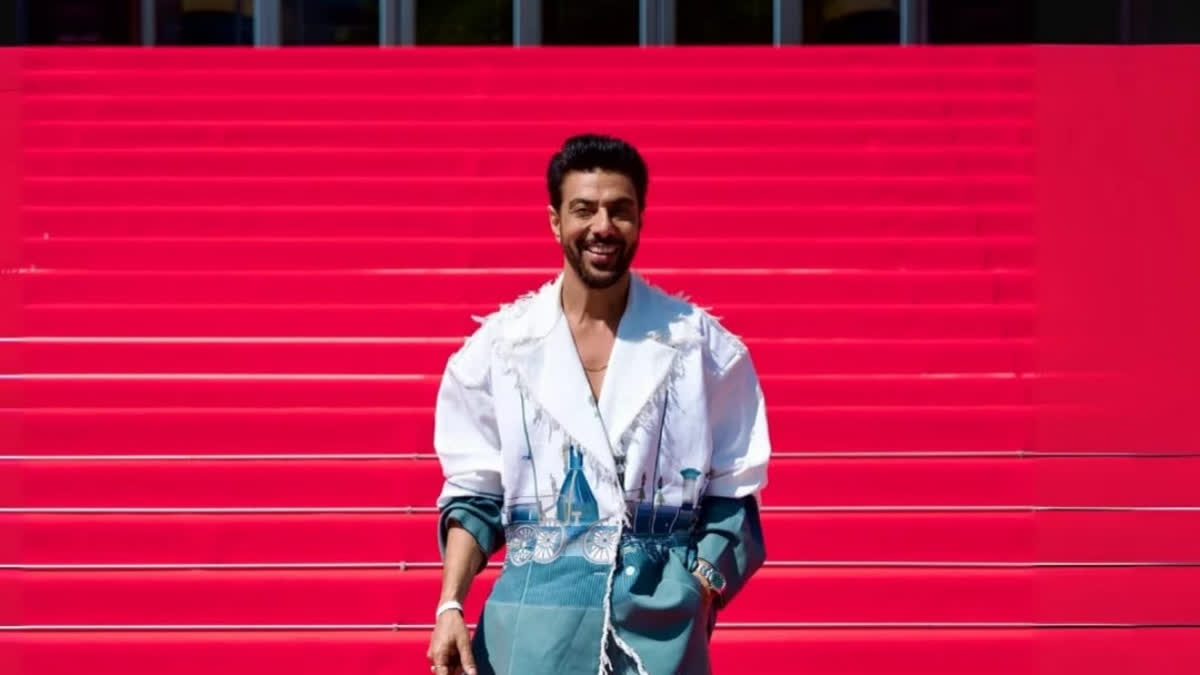Amid AI concerns, ad industry revisits ethical standards | Business | valorinternational
Unethical advertising campaigns that distort facts and mislead audiences are once again at the center of debate in Brazil’s ad industry. While the issue is not new—so-called “ghost cases” created solely to win awards have long been part of the sector’s reality—the context has changed. The spread of artificial intelligence, which facilitates the manipulation of images and audio, combined with the amplification power of social media, has given the problem a new dimension.
This week, Valor spoke with executives and industry experts who agreed that it’s time to adopt a new code of conduct for agencies and international advertising festivals.
The debate was reignited after Cannes Lions disqualified a campaign by agency DM9 for Consul, a Whirlpool brand, due to manipulated images, data, and audio. DM9 also voluntarily withdrew two other winning entries from the French festival. Meanwhile, LePub, part of the Publicis group, launched an internal investigation into another ad shown in Cannes under similar suspicion.
These incidents point to ongoing weaknesses in an industry that celebrates creativity with awards, yet lacks consistent oversight of its own standards.
“What’s at stake isn’t just ethics, it’s the global credibility of Brazilian advertising,” said Marcia Esteves, president of Brazil’s Association of Advertising Agencies (ABAP). “More than punishing bad practices, we believe in educating and fostering accountability. This requires leadership from agencies, advertisers, and the festivals themselves.”
According to Ms. Esteves, the recent controversies highlight the urgent need not only to revise conduct codes but also to strengthen agencies’ internal processes for vetting award submissions.
“ABAP is working on concrete proposals to create a best practices committee for festivals, with clearer guidelines for the sector,” she said. “That could mean stricter documentation requirements and a review of how agencies validate campaigns internally before submitting them. The goal is to protect the integrity of Brazilian creativity.”
Sérgio Pompilio, president of CONAR, Brazil’s advertising self-regulatory body, said international award organizations should formally involve regulators. He sees the International Council for Advertising Self-Regulation (ICAS), which brings together self-regulatory entities from several countries, as the right forum to lead this conversation.
“I welcome an ethical review that would apply the same standards we already use in day-to-day agency work,” Mr. Pompilio said. “ICAS is exploring next steps, but I assure you we’ll keep pushing this discussion forward and work to expand the forum.”
CONAR did not evaluate the Cannes Lions entries in question, as the manipulations occurred in the videocases—the materials submitted for judging—and not in actual ads aired to the public.
Videocases have become a category of their own in contemporary advertising. More than campaign summaries, they are designed to stir emotion, provide context, and persuade juries in a matter of seconds. At a festival like Cannes, which receives over 25,000 entries each year, the risk of oversight is significant.
“I’ve seen mediocre campaigns win because they were well told, and brilliant ideas left out due to poor storytelling in the jury room,” said Domenico Massareto, founder of creative consultancy Rain and a veteran of 45 Cannes Lions wins and three jury appearances. He added that entire teams are often assigned solely to produce videocases, with little or no involvement from the original creative team.
The awards system itself has become a distorting force in the industry. Executives interviewed anonymously noted that, in many agencies, creatives’ bonuses are directly tied to the number of awards won, a practice that extends even to global leadership contracts. “Winning a Lion has stopped being a cause for celebration. Now, it’s just something you have to do, a relief, not a source of pride,” one executive summed up.
While Ms. Esteves of ABAP recognizes the value of creative recognition, she warns against using awards as the sole metric of success. “When bonuses depend exclusively on awards, it creates a dangerous incentive structure that can distort priorities and encourage unethical behavior.”
Following the DM9 controversy, Cannes Lions announced it would implement a new code of conduct, adopt tools to detect manipulated content, and establish a committee of experts in AI, ethics, and integrity to evaluate suspicious entries.
Some in the advertising industry also blame the festivals themselves for enabling questionable practices. One proposal gaining traction is to require formal sign-off from clients for all submitted campaigns, which is not currently mandated across all festival rules. Advocates say this would raise the level of accountability.
“Those who act responsibly will continue to do so. But ghost cases won’t disappear,” said Fernando Diniz, former CEO of agencies DPZ and Leo Burnett, both part of Publicis Groupe. “The ethical tone between agency and client depends on those managing that relationship.”
Martin Sorrell, founder of S4 Capital and former CEO of British holding company WPP, pointed to the pressure on agencies to win as many awards as possible. “That pressure is real—for CEOs, for clients, and creatives,” he said. “Being named network or holding company of the year matters. So agencies will do whatever it takes to get creative work in front of jurors.”
On the impact of the DM9 case, Mr. Sorrell was blunt: “This is not an isolated incident. Similar cases have surfaced in other countries. It’s a direct result of the pressure to win awards. And it will happen again.”
He believes festival organizers and jurors must strengthen their verification processes. “It’s an intense process, with a lot being judged in a short time. But the festival’s reputation—and that of the industry—is at stake.”
Márcio Borges, executive vice president and director of WMcCann Rio de Janeiro and a researcher at NetLab (UFRJ), sees the DM9 episode as a textbook case of disinformation. “AI is going to make this easier and more frequent. It’s not to blame, but it dramatically amplifies the ability to manipulate and sway public opinion.”
For Luiz Lara, president of CENP (the Brazilian advertising market’s self-regulation forum), the issue transcends awards: “Preserving the legacy of Brazilian advertising is the responsibility of the entire industry.”







.png&h=630&w=1200&q=75&v=20250320&c=1)

